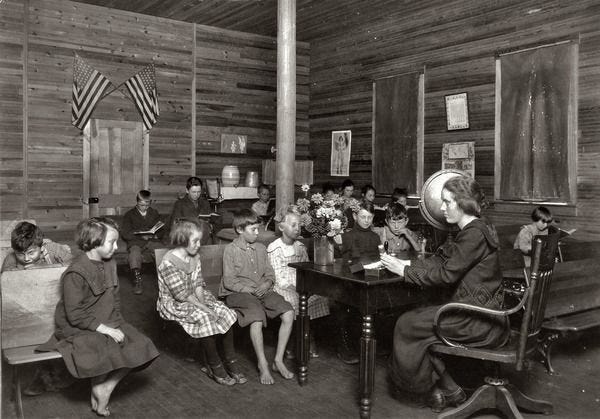A self-fulfilling prophecy is a psychological phenomenon where some’s expectations about someone or a situation influence their behavior, causing those expectations to come true.
This process begins when someone holds specific beliefs based on stereotypes, past experiences, or assumptions. These expectations influence how they interact with the subject, changing their communication style, body language, and feedback. The subject picks up on these cues and adjusts their behavior to match the expectations, reinforcing the original belief and completing the cycle.
One of the most well-known examples of self-fulfilling prophecies occurs in education, known as the "Pygmalion Effect." In a classic experiment by Robert Rosenthal, a psychology professor, and Lenore Jacobson, an elementary school principal, teachers were told that certain randomly selected students were expected to show significant intellectual growth. Over time, these students performed better academically because the teachers unconsciously gave them more attention, encouragement, and opportunities to succeed.
In the workplace, managers’ expectations can similarly influence employee performance. If a manager believes an employee is highly capable, they might provide more support and opportunities, leading to better performance and validating the manager's initial belief. Conversely, low expectations can result in less support and poorer performance, confirming negative expectations.
Self-fulfilling prophecies also affect everyday social interactions. If someone believes a new acquaintance is unfriendly, they might behave coldly, prompting the acquaintance to respond similarly, thus confirming the belief. Positive expectations can lead to more open and friendly interactions, encouraging the other person to behave warmly.
The lesson in this post should be obvious about how we should interact and manage people.



The "self-fulfilling prophecy" is like stereotype threat in that it's been oversold in education. Educators seems keen on the idea that they can fix things by changing their educational approaches, and the education field is full of such ideas: three learning modes, multiple intelligences, grit mindset, critical pedagogy, etc. Here's Lee Jussim in the 2001 International Encyclopedia of the Social & Behavioral Sciences with a balanced report.
"7 Conclusion
"Self-fulfilling prophecies are pervasive in the sense that they occur in many different contexts. They are not pervasive in the sense that self-fulfilling prophecy effect sizes are typically small, and many studies have failed to find them.
"Because of the alleged power of expectancy effects to create social problems, teachers have sometimes been accused of perpetrating injustices based on race, class, sex, and other demographic categories. This accusation is unjustified. Teacher expectations predict student achievement primarily because those expectations are accurate. Furthermore, even when inaccurate, teacher expectations do not usually influence students very much; and even when they do influence students, such influence is likely to dissipate over time.
"Sometimes, however, both inside and outside the classroom, self-fulfilling prophecies can be powerful. In the classroom, the effects among some groups (low achievers, African-Americans, students from lower social class backgrounds) have been quite powerful. Although self-fulfilling prophecies in the classroom do not accumulate, they can be very long lasting—detectable as many as six years after the original teacher-student relationship (Smith et al. 1999).
"Outside the classroom, recent research has demonstrated the potentially important role of self-fulfilling prophecies in close relationships, and in the maintenance of socio-cultural stereotypes. Thus, self-fulfilling prophecies occur in a wide variety of contexts and are a major phenomenon linking social perception to social behavior."
Our biases, perceptions, etc, and the way these impact on our behaviour and on our environment. If only this was taught as essential knowledge. Thanks David.